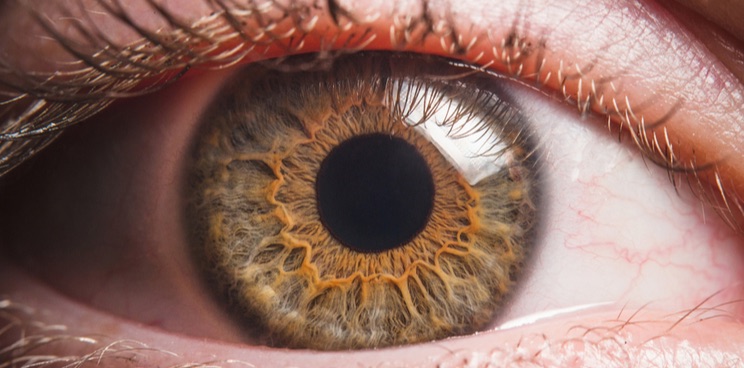An international collaboration involving researchers in Europe, Asia, and North America has begun preparations for testing in humans a therapeutic gel that could replace the need for corneal transplants for the treatment of blindness.
Corneal transplants are the most common treatment for blindness caused by corneal injury. However, donor shortages and high costs make it difficult to carry out corneal transplants, especially in developing countries like India.
To solve this problem, an international team is developing a liquid gel that sets at body temperature, which could be used to plug holes in the cornea and help the tissue heal itself. The collaborators include research centers in the UK such as Moorfields Eye Hospital and the UCL Institute of Ophthalmology, as well as eye institutes in Ukraine, Canada, and India.
While corneal transplants require invasive surgery to carry out, the gel is designed to be applied within 30 minutes, without needing a full operation on the patient. This approach could also avoid the problem of transplant rejection by the immune system as it encourages the regrowth of the patient’s own tissue. Furthermore, unlike synthetic corneas, which are often prescribed in patients whose corneal transplants fail, it is designed to be cheap to make, with the target price of €450 per eye.
“Blindness as a consequence of corneal perforation is common, particularly in developing countries where there is often no access to corneal transplantation,” stated Bruce Allan, Consultant Eye Surgeon at Moorfields Eye Hospital. “Novel glue fillers that have the potential to seal the cornea and promote natural tissue regeneration do not require expensive infrastructure and can be used anywhere.”
According to the Tej Kohli Foundation, an Indian non-profit leading the project, the gel could enter clinical trials within three years.
The donor shortage for corneal transplants has led other research groups and companies to develop alternatives. For example, a team at Newcastle University, UK, is developing a way to kick-start stem cells in the cornea to heal injuries. The Israeli company CorNeat Vision is developing a synthetic cornea that encourages cells in the eyewall to colonize its edges and mesh it better with the eyewall than current synthetic corneas.
Images from Shutterstock





